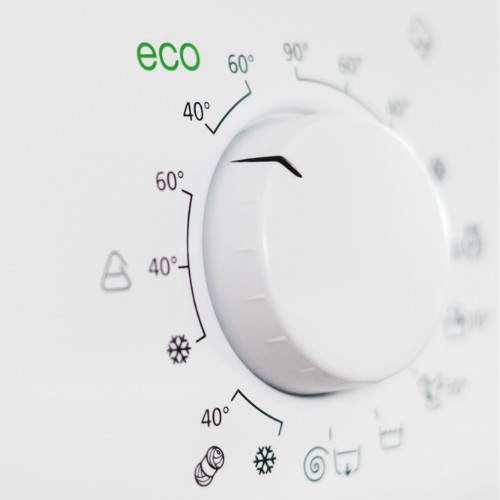Methodology for the Ecodesign of Energy-related Products (MEErP)
The Ecodesign for Sustainable Products Regulation (ESPR) extends ecodesign beyond energy-related products to additional product categories and the incorporation of circular-economy objectives. Central to the ESPRs implementation is the completion of a preparatory study for each product group, conducted in accordance with the Methodology for the Ecodesign of Energy-related Products (MEErP). The preparatory study consists of two phases incorporating the seven MEErP tasks, Phase 1 (MEErP Tasks 1-4) and Phase 2 (MEErP Tasks 5-7). After each phase stakeholder consultation takes place to gather feedback. Once finalised, the findings of the preparatory study feed into a comprehensive impact assessment. Finally, these outcomes underpin the Commission’s drafting of a delegated act that sets out binding ecodesign requirements for the product group.
MEErP in the preparatory study
At the heart of every preparatory study lies MEErP’s structured approach to assessing a product group across 16 environmental and circularity aspects. These are:
- Durability and reliability
- Reusability, upgradability and reparability
- Possibility of maintenance and refurbishment
- Recycled content
- Presence of substances of concern
- Energy, water and resource use and efficiency
- Possibility of remanufacturing, recycling and recovery of materials
- Environmental impacts, notably carbon and environmental footprints and expected generation of waste
To accomplish this, the preparatory study consists of seven key tasks:
Task 1 – Scope
Defines the product group’s functional and technical boundaries, establishes key performance characteristics and identifies existing standards and legislation to align with.
Task 2 – Markets
Collects and analyses data on annual sales volumes, market value, geographic distribution and price segmentation to characterise current market dynamics and trends.
Task 3 – Users
Investigates real-world use-phase conditions by reviewing consumer behaviour, average lifetime, maintenance patterns and service requirements.
Task 4 – Technologies
Surveys existing and emerging technologies, materials and production processes, including best-available techniques and innovation pipelines.
Task 5 – Environment & Economics
Performs a baseline life-cycle assessment (LCA) to quantify environmental impacts across the product’s life cycle and a life-cycle costing (LCC) to capture total cost of ownership. This dual analysis identifies hotspots and considerations on trade-offs between environmental benefits and economic viability.
Task 6 – Design Options
Generates and screens a range of technical and material design improvements, such as introducing more recycled materials or substitution, technologic improvements to reduce energy or water use, design for recycling, and assesses their potential to reduce impacts and costs. It ranks options by feasibility, performance gain and cost-effectiveness.
Task 7 – Scenarios
It constructs and evaluates the design options to develop policy scenarios, including variations of proposed ecodesign requirements, labelling measures, or market uptake rates. It also conducts sensitivity and socio-economic analyses to test robustness and identify the most social-economically relevant combination of measures.
Impact assessment
Once the preparatory study is complete, an impact assessment is performed. This assessment translates the study’s findings into quantified environmental and economic outcomes. It compares and balances different ecodesign and policy options through cost–benefit and scenario analyses. It also tests the technical feasibility and market practicality of the proposed requirements and it integrates stakeholder feedback from the Ecodesign Forum to validate assumptions. Finally, it provides the evidence base that ensures the Commission’s delegated act is proportionate, transparent, and aligned with EU Better Regulation principles.
Work with us
If you would like to discuss working with Ecomatters on the impact of Ecodesign requirement or on preparing for ESPR preparatory studies using the MEErP methodology, contact us or schedule a call with one of our experts.
ESPR Services
Our experts
Mieke de Jager
Maria Papavasileiou
Related pages
Over the past year, Ecomatters has contributed to several preparatory…





